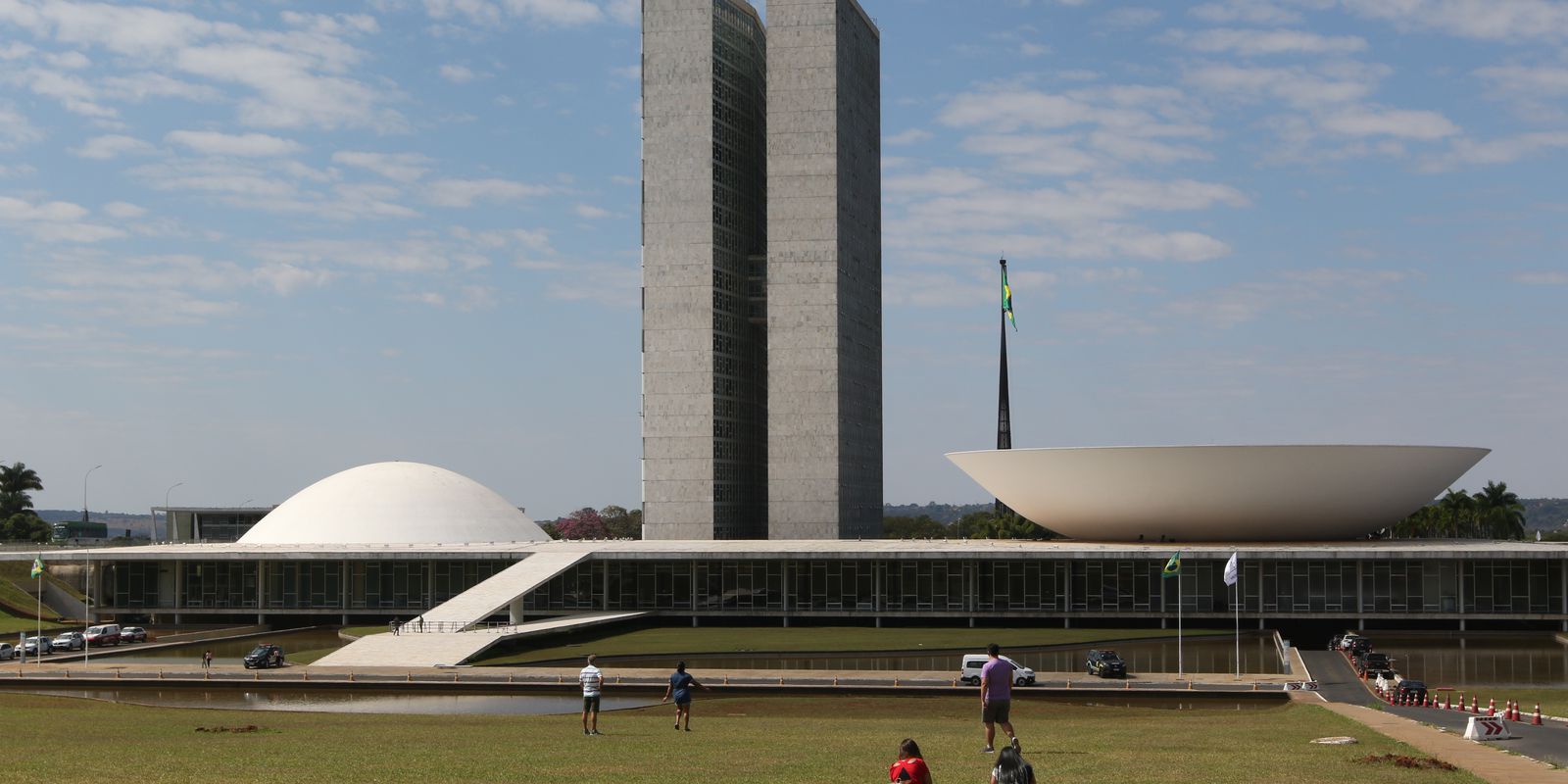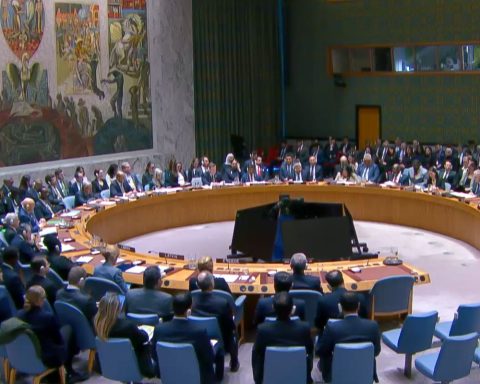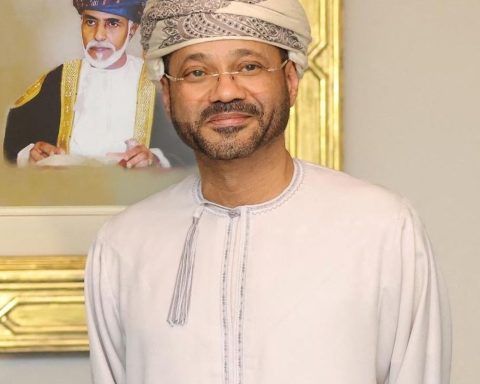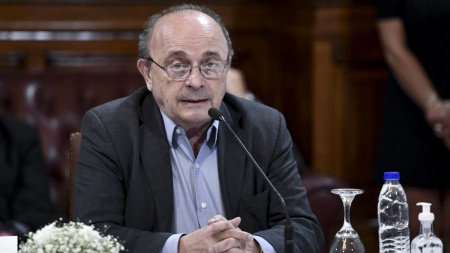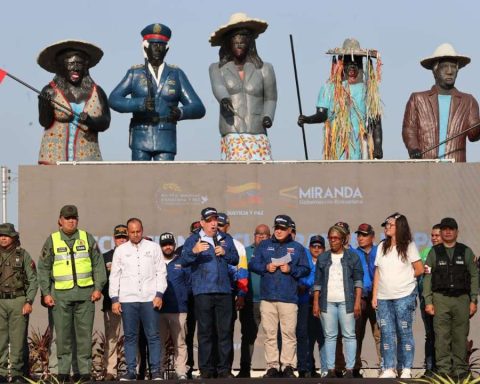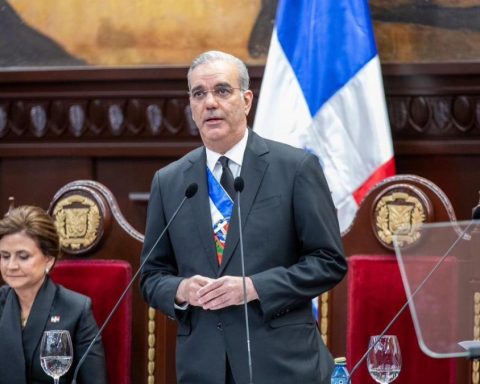Discuss the challenges of the LGBTQIA+ community. This was the aim of 1st Meeting of LGBT+electswhich took place on the 20th and January 21th in Brasilia. The event brought together parliamentarians elected to the Chamber of Deputies and also to the State Legislative Assemblies. The meeting takes place the week before the January 29thNational Day of Transgender Visibility.
Federal deputy Duda Salabert, elected by the Minas Gerais PDT, is one of the two elected transgender parliamentarians who will act in the National Congress and who was at the event. The literature teacher was the most voted councilwoman in Belo Horizonte, in the 2020 elections, and now takes on an even greater challenge: taking the guidelines defended by the community to the Chamber. “Regardless of ideology, no one agrees to live in an extremely violent country for a social group. In Belo Horizonte, for example, 91% of transvestites and transsexuals did not finish high school. This shows that we also have to rethink the educational, public security and employability project to actually build citizenship in the country. It is this expectation that I want to have in Congress, despite having ideological differences, we have points in common, which is to build citizenship in the country”, says Duda.
The other elected transsexual federal deputy is Érica Hilton, from PSOL in São Paulo. In 2020 she, like Duda Salabert, was elected councilor of São Paulo, with more than fifty thousand votes. She became the first transvestite in the City Council and the most voted councilwoman in Brazil. For Érica, acting in a conservative National Congress will be challenging. “I think that we will have a tough, difficult Congress, but that will allow us to provoke society and work, together with the elected government, so that we can advance in guidelines of dignity, rights, citizenship. That they are not guidelines of identity, they are not guidelines of ideology. These are guidelines that must be treated as the role of the National Congress: to bring dignity to the Brazilian people.”
In addition to two transgender federal deputies, Brazil elected for the first time an intersex state deputy. Carolina Iara, from PSOL in São Paulo, is the first intersex parliamentarian in Latin America. During the debates at the event that brought together elected parliamentarians, she stressed: “We want these people (LGBTQIA+) to be instrumentalized in making the political decisions of these parties”.
Violence against the LGBTQIA+ community is one of the main concerns discussed during the event. Although transphobia has been a crime in Brazil since 2019, the country is still, for the fourteenth consecutive year, the country that most kills transgender and transvestite people worldwide. Life expectancy for transsexuals in the country is just 35 years – less than half the general average of 77 years.
State deputy Dani Balbi, elected by the PCdoB of Rio Janeiro, was the first transsexual doctor at the Federal University of Rio of January. She says that she has seen many cases of violence against the community up close. “We have many challenges for the trans and transvestite population to effectively exercise their citizenship and to overcome this cycle of violence. And public power is fundamental, responding and building public policy so that we can to have a place within society.”
During the event, the National Secretary for the Promotion and Defense of the Rights of LGBTQIA+ People, Symmy Larrat, the first trans to hold a position at the federal level, stated that restructuring public policies aimed at protecting these people is urgent. “The main challenge is to establish regulations. For this, we will also build a process of social participation, with social movements, with people who have been working in this field, studying these subjects. There is already a lot of research and documents accumulated, which we will use as a basis for us to deliver, this year, the norms that will make us face this daily violence.”
In 2022, Brazil had 79 transgender and transvestite candidates competing for vacancies in the State Assemblies and the Federal Chamber. Four were elected – two to the National Congress and two became state representatives. In addition to the election of intersex state representative.
*At the request of the elected parliamentarians, the reporter used the neutral gender in the constructions
